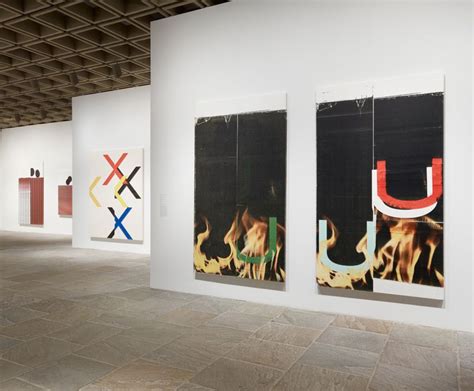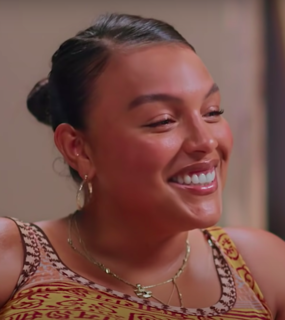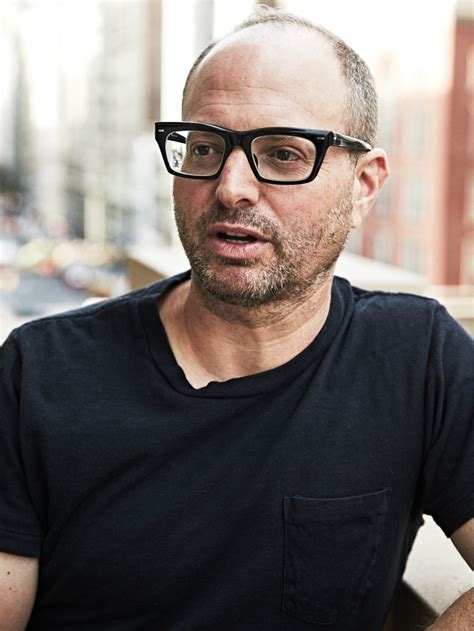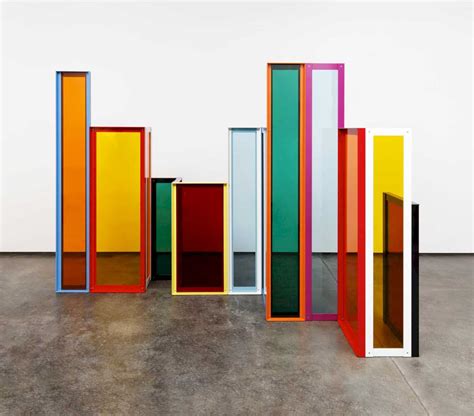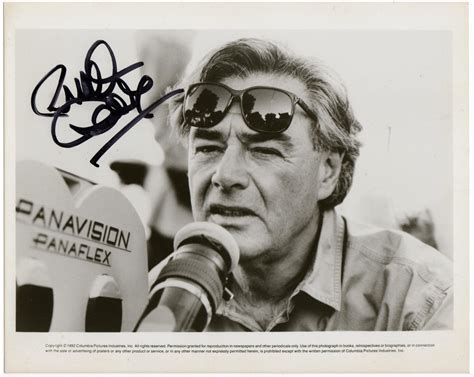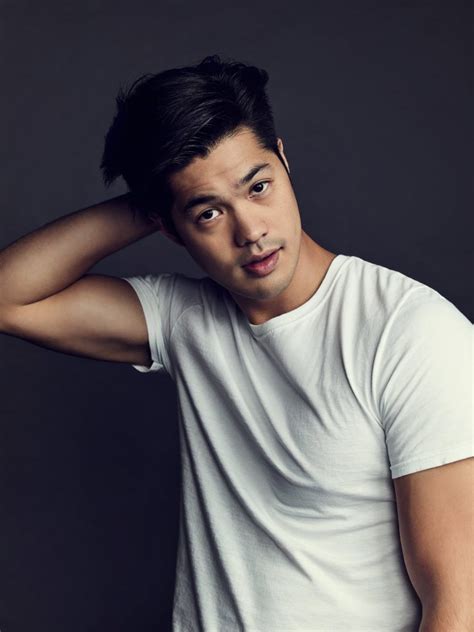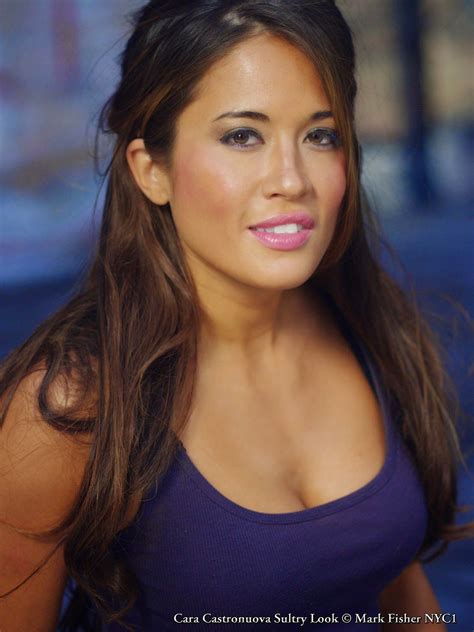A Quote by Wade Guyton
I had no idea what to expect moving to New York. It's embarrassing to say, but I didn't even realize that people bought contemporary art... that people actually paid for it... I know that's really dumb. I was really naive. I had no idea artists made money.
Related Quotes
New York has influenced me a lot in terms of my own independence. I'm really struck by the idea of authenticity, and I think New York embodies that idea, even though people are like, 'I miss the old New York.' But at its core, it has this natural, authentic energy. L.A. lacks that idea; it's painted over.
I wrote [Collateral Beauty] on my own. I didn't get paid to write it. I didn't sell it as a pitch. It was an idea I had that I really, really felt needed to be in script form before showing it to anyone in the industry because of the uniqueness of the idea, and the weirdness of the idea, to be frank.
People think that the art market is about opportunists and hedge-fund managers getting broken art, but what really happened is that there was a new configuration of bourgeois values in the U.S. and an acceptance among the bourgeoisie of contemporary art as an idea. I think that bourgeois people are horrible.
I knew Bill Cunninghamn personally, in the way that most people know him - you don't really know that much about him. So I had never been in his apartment, as most people hadn't. I really had no idea how he lived. I knew he lived in Carnegie Hall, but that was it, and I didn't really understand. I knew that he worked hard, I just didn't realize that that was what he does, that's basically all he does
I certainly felt I had an idea of World War II, and it's probably the idea that many people share: there was this insane aggressor, and there was really only one way to proceed in resisting him. What I didn't realize is that there were many voices belonging to reasonable, interesting, complicated people who had a different way of interpreting the possible responses to the Hitlerian menace.
I had no idea about where I was going. I had no sense of art as anything other than a problem to be fixed, you know, an itch to be scratched. I was in that studio trying my best to feel content with myself. I had, like, a stipend. I had a place to sleep. I had a studio to work in. I had nothing else to think about, you know. And that's - that was a huge luxury in New York City.
In those days, in 80th, people were really hungry for information - and, somehow, I had pretty good access because I had friends in London, New York, Los Angeles, everywhere. I'd been visiting many places and talking with people, so I had a constant flow of new info. I sometimes did articles for magazines and things, and people started to say, "If you want to know what's going on, ask Hiroshi." So that was the beginning with Goodenough.
What I'm nostalgic for is the idea of an edge in New York. There used to be these fringes of the city where civilization sort of ended, and therefore young people could live cheaply, or open nightclubs or art galleries, or even squat. That fringe moved out to New Jersey and Brooklyn. The whole idea of the metropolis is the centralization of like-minded souls, and when the central real estate becomes too expensive, the dreamers, the young poets, and the artists will go elsewhere.
I have to work hard and wear pants. I've worked really hard these last years, and since everything is coming together at the same time, I had to move the play back. I'm kind of in love with my theater agent. I'm a true naïve about the theater, a total innocent. He says to me, have you ever been to a rehearsal room? Do you realize you are opening at the Public in New York? You do understand that the audience will be New York theater people?
